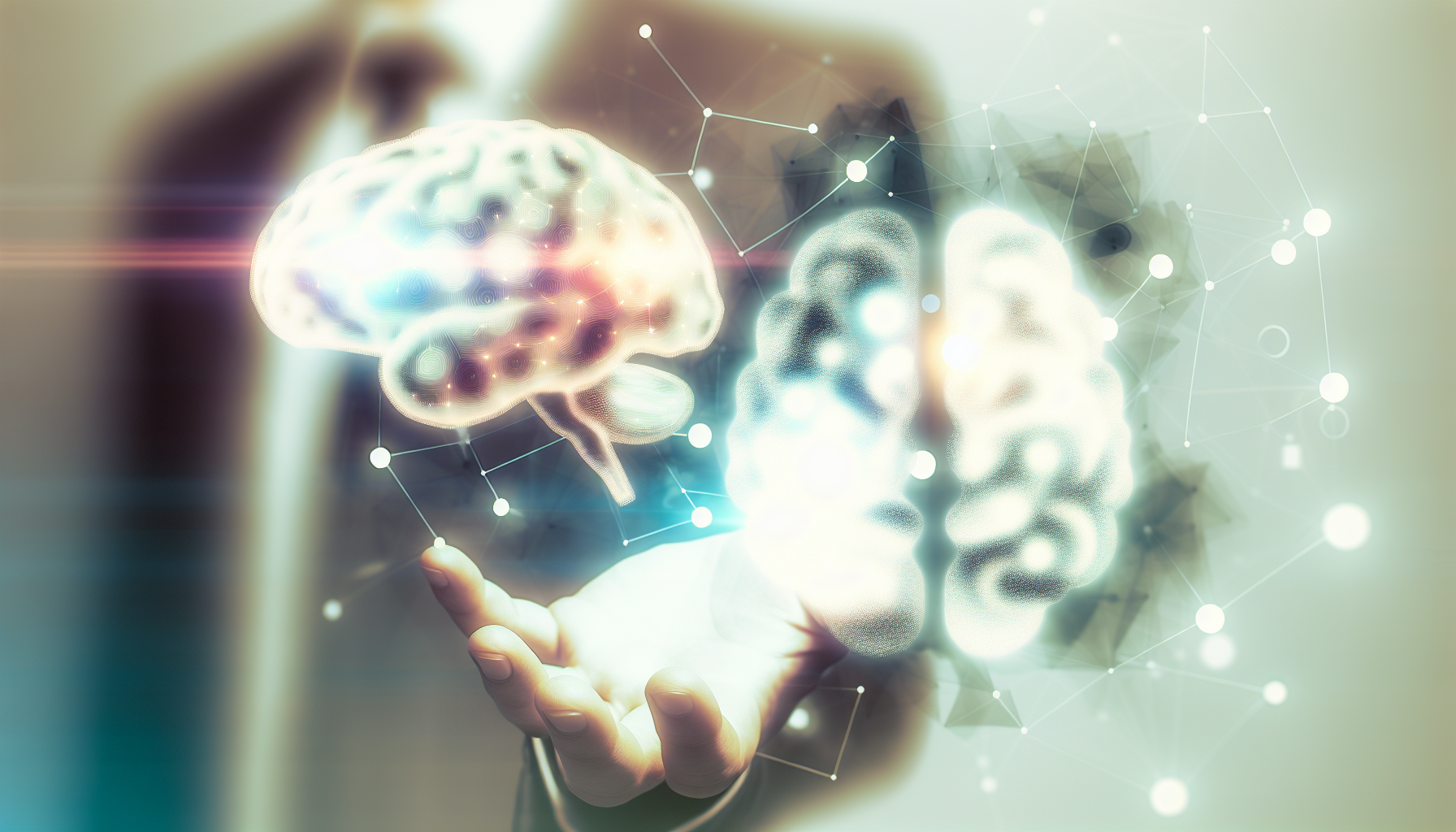In the bustling bazaar of human thought, a new vendor has set up shop, offering something curiously attractive—a shiny new concept known as Collective Intelligence. Just imagine the prospect of artificial intelligence (AI) and human minds pooling their cognitive resources, much like a village gathering its women to weave a tapestry that’s both intricate and bold. As AI strides deeper into the depths of our society, the notion of redefining knowledge through collective intelligence piques our curiosity. Can we welcome such a change while keeping our cognitive feet grounded, or does this beg some profound questions?
AI and the Crowd: A New Definition of Knowing
The idea of collective intelligence is not just about throwing a bunch of minds, both silicon and organic, into a communal pot. It’s about the fusion of these minds creating something greater than the sum of their parts. When we ponder AI and its partnership with human cognition, the possibilities become nearly as overwhelming as a toddler encountering their first petting zoo.
Imagine this: vast networks of AI algorithms digesting mountains of data at breakneck speed, and then sharing their gleaned insights with us humans. It’s akin to having that one friend who always reads the news and passes on the highlights, but with a far less annoying delivery. This interplay could change how we construct, interpret, and utilize knowledge. We’re not just passive recipients; we’re co-creators amidst the dance of information bits.
The Tapestry’s Weave: Human and Machine Synergy
As AI continues to develop alongside human intellect, some might feel as if that tapestry is being woven a bit too tightly, perhaps infringing on traditional artisanship. But maybe, in this new scheme, the threads we use to define knowledge could be even more vibrant and diverse. AI’s knack for processing vast amounts of information empowers us to see patterns we might otherwise miss, kind of like those times we find faces in clouds.
The funny thing is, even though AI is rapidly cementing its place in areas like medical diagnostics, climate modeling, and financial forecasting, its true strength lies in synergy with us. The human touch brings emotional intelligence, creativity, and contextual understanding that no algorithm can boast—at least not yet. Thus, we see a redefinition of knowledge where the joint work between human and machine becomes the standard, like a symphony composed with both violins and synthesizers.
Reimagining Authority in the Knowledge Hierarchy
The nature of authority also faces a reevaluation. Traditionally, knowledge has been passed down from esteemed experts or thick, dusty tomes (or perhaps thick experts and dusty tomes). But today, AI challenges this paradigm by providing rapid access to facts and analyses that are, in many ways, unprecedented in their depth and immediacy. Will data-informed AI entities become our new sages?
Mercifully, humanity has always had a knack for adapting—it’s how we’ve outmaneuvered saber-toothed tigers and navigated the arduous art of folding fitted sheets. Even as AI expands its influence, the critical role of human judgment and ethical reasoning shines through like a beacon. Thus, the redefinition of knowledge is not simply about cold data or efficient algorithms. It’s about reinforcing the framework that positions humans as wise moderators of complex information.
Collective Wisdom and Ethical Dilemmas
As we ride this wave of collective intelligence, ethical considerations bob alongside us, waving frantically for attention like a preschooler on a sugar high. How do we ensure that the AI-enhanced pool of knowledge remains inclusive and unbiased? After all, there’s no use knitting a beautiful sweater if it’s full of holes where biases seep through.
One central challenge is deciding what is rightfully included in this collective pool. When AI systems are trained on historical data, they may inherit the biases of their antecedents, thus threatening to perpetuate the very biases we strive to erase. So, others argue, the real work of forming a new collective intelligence involves scrubbing this data clean or instilling it with something resembling human values.
The Future of Our Shared Wisdom
As with any good philosophical quandary, redefining knowledge through collective intelligence offers both potential pitfalls and bright prospects. Yet, what is crucial here is the ongoing dialogue—a continuous exchange, where humans and machines navigate their shared destiny with a blend of caution, creativity, and humor. As we jointly write this new narrative, little can dwarf the iterative and experimental spirit intrinsic to our progression.
While collective intelligence offers tools and pathways unprecedentedly creative in redefining knowledge, embracing its fullest potential requires us to stay steadfast in our commitment to truth and wisdom. In the end, the true worth of our endeavor will lie in an amplified understanding—a collective intelligence that enriches both human lives and the lifeways of our increasingly intelligent creations.
So, whether you’re pondering this over a steaming cup of morning coffee or contemplating it during a languid evening stroll, remember this: in our quest for new knowledge, we are all forever seekers and innovators in a vast, interconnected village. And perhaps, just perhaps, we’ve only begun to see the broader picture this joint venture can paint.

Leave a Reply